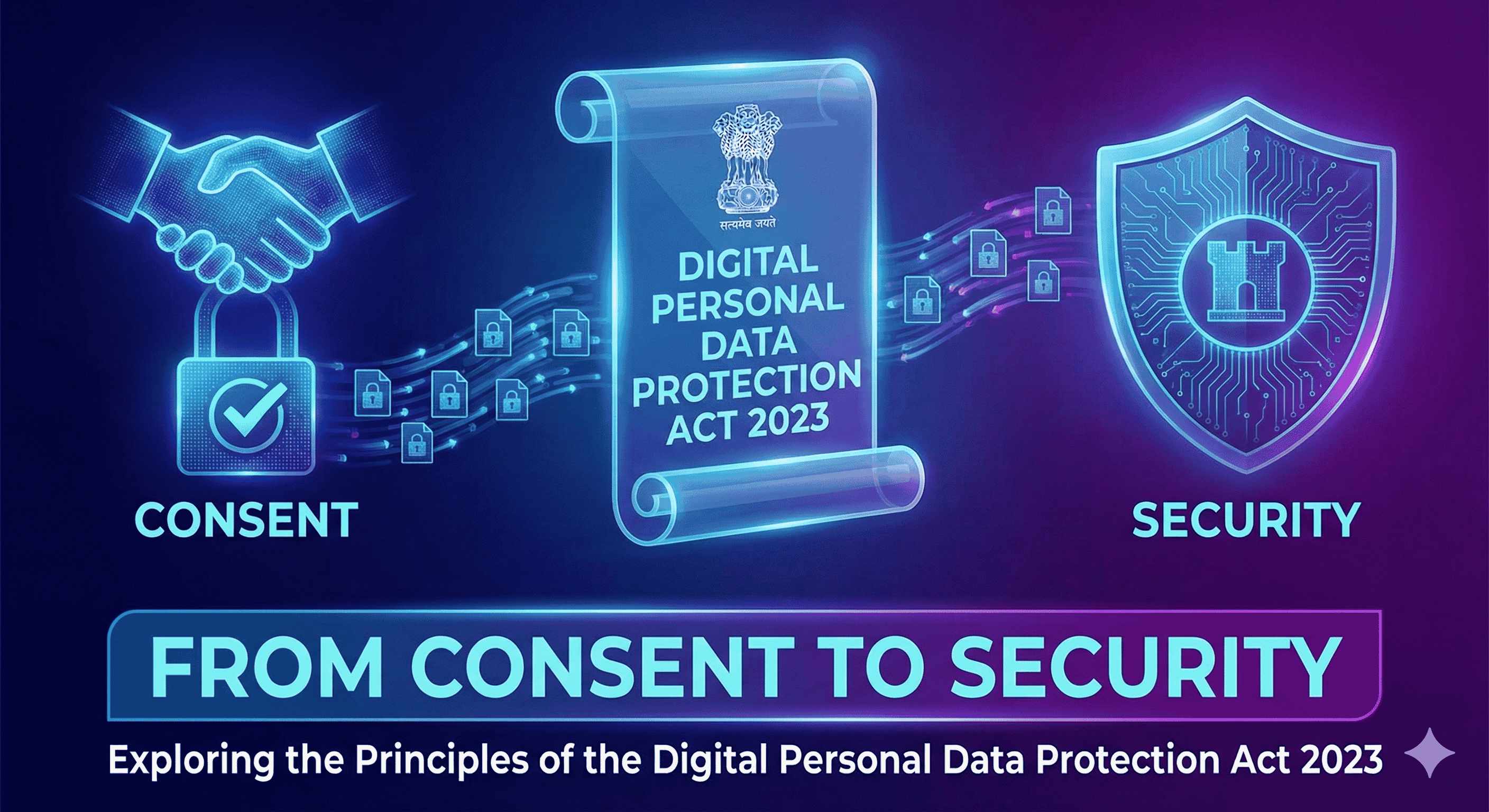In our increasingly digital world, personal data has become one of the most valuable assets. The Personal Data Protection Act (PDPA) 2023 introduces critical regulations to safeguard individuals’ rights regarding their data. Whether you are a consumer, a service provider, or a business owner, it’s crucial to understand the implications of this act. This article breaks down its key provisions, your rights, and the responsibilities placed on data handlers.
What is the Personal Data Protection Act 2023?
The PDPA 2023 is a comprehensive legal framework aimed at protecting individuals’ personal data and ensuring transparency in how data is handled by organizations and businesses. It lays down guidelines for the collection, use, and storage of personal data, ultimately seeking to foster trust between consumers and service providers.
Key Objectives of the PDPA 2023
- Data Protection: To create a secure environment for personal data by stipulating how data must be managed.
- User Rights: To empower individuals with rights over their personal information, such as access, correction, and deletion.
- Transparency: To require organizations to disclose their data handling practices and obtain consent from data subjects before processing their information.
- Compliance and Accountability: To set forth compliance obligations for entities handling data, along with penalties for breaches of the law.
Your Rights Under the PDPA 2023
1. Right to Access
Individuals have the right to know what personal data is being collected about them. You can request copies of your data from organizations, allowing you to understand how your information is being utilized.
2. Right to Correction
If you find inaccuracies in your personal data, you have the right to request corrections. Organizations are obligated to amend erroneous data in a timely manner.
3. Right to Deletion
You can request the deletion of your personal information under certain conditions, for instance, when information is no longer needed for the purposes for which it was collected or you withdraw your consent.
4. Right to Object
Individuals can object to the processing of their personal data, especially for direct marketing purposes. This right provides you control over how your data is used.
5. Right to Data Portability
You can request that your personal data be transferred to another service provider in a machine-readable format, facilitating the use of your data across different platforms.
6. Right to Withdraw Consent
If you have given consent for data processing, you can withdraw it at any time. Organizations must respect your wishes and cease processing your data accordingly.
Responsibilities of Data Handlers
The PDPA 2023 doesn’t just protect consumers; it also sets out specific responsibilities for data handlers:
1. Obtain Consent
Organizations must secure explicit consent before collecting or processing any personal data. This consent must be informed, meaning individuals are aware of what data is collected and its intended use.
2. Data Minimization
Data handlers should only gather information that is necessary for the purpose stated during data collection.
3. Implement Security Measures
Organizations are required to put in place appropriate security measures to protect personal data from unauthorized access, loss, or destruction.
4. Regular Audits and Reporting
Businesses must conduct regular audits to assess compliance with PDPA regulations and report any data breaches to the relevant authorities and affected individuals promptly.
Conclusion
The Personal Data Protection Act 2023 represents a significant step forward in safeguarding personal information and promoting accountability among organizations. By understanding your rights and the obligations of data handlers, you can make informed decisions about your personal data. Awareness and education are essential in navigating the complexities of data protection in today’s information-driven society.
As the implementation of the PDPA unfolds, staying informed and proactive in exercising your rights will not only empower you but also contribute to a culture of respect and responsibility concerning personal data.









